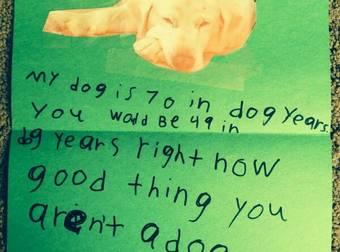Everybody wants their kids to be safe at school. With our now-constant updates of all the terrible things happening in the world, it’s understandable that parents and teachers get nervous. Sometimes they make decisions based upon those nervous feelings. Many times, their feelings are founded and the decisions they make lead to schools and playgrounds being safer places both physically and emotionally.
Other times, though, they might just be knee-jerk reactions and quick-fix solutions that might end up doing more harm than good, or at least just wind up being really, really confusing, resulting in things like walking and friendship (yes) being banned from schools. Under pressure from and being blamed by a lot of different camps, schools have a tough time of balancing education, socialization and safety, as well as the fact that no two families are going to raise their kids with the same parameters. Sometimes, it seems all they can do is simply ban a controversial item or action. But is across-the-board banning really the best choice?
Let’s take a look at some of the most out-there things that schools have banned in the recent past.
1.
Holding Hands
A school in Tennessee banned hand holding because they considered it a “gateway to sexual activity.” And you thought playing ring around the rosy was all innocent fun! (Actually, that rhyme is about the Bubonic Plague, so, maybe not. But that’s another topic.) State Senators in Tennessee can apparently see the dirty in everything though, and have banned the practice of holding hands; teachers can’t even demonstrate what hand-holding looks like without threat of losing their jobs. This is all with the intent of reducing teen sexual activity and pregnancy. But since Tennessee ranks in the top ten for teen pregnancy rate in the country, maybe they need to try another tactic. Like…actual sex education?
2.
Hugging
If holding hands was banned, you’d better believe the lewd concept known as hugging has also been given the axe? Friend in need of comfort? A firm handshake will have to suffice. This ban, enacted in Canada, was based on some good intentions, but maybe went a bit far. The original rule was to reduce unwanted, unsafe contact between students, which would include physical or sexual harassment. No problem there, but hugs ended up lumped in under that rule. Students balked, and staged a “hug-in” to protest the rule. Kids absolutely need to know about boundaries when it comes to touching, but banning all physical contact seems to go a bit far. Not so far, however, that various schools throughout the US have followed suit. How will they know what is and isn’t appropriate if nothing is allowed?
3.
Bookbags
Bookbags are usually banned to prevent back strain on students, as well as due to the fear of students stealing items and/or bringing contraband items into school. Bookbags can also cause crowding in narrow hallways and stairwells. However, limiting students to having only what they can carry means they need more time switching materials at their lockers, which can make them late to classes. Students and parents alike have challenged the rules, with mixed results.
4.
Bake Sales
Bake sales were almost banned completely in Massachusetts, but a rule requiring all foods to have certain nutritional value threatened the age-old tradition of questionable baked good peddled by students. However, schools complained that bake sales were good ways for students to raise money for clubs and activities. As a compromise, the ban on bake sales was lifted, with the compromise that the snacks sold in the cafeteria on a day-to-day basis had to meet the nutritional standards of the state.
5.
“Non-Motorized Transportation” (meaning, walking and bikes)
With the emphasis on nutrition and physical activity lately, you’d think that students walking or biking to school would be encouraged. Not so. Students, particularly in urban areas, are sometimes prohibited from walking or biking to school because school officials feel it is unsafe for them to do so, despite the fact that the students are not, at the time of their traveling, on school grounds. It seems that for students in urban areas, practice safely navigating congested streets would be considered a life skill, but I guess not. One mother in Saratoga, New York, fought with the school board when she was told she could not bike with her son to school.
6.
Dodgeball
Dodgeball has sharply decreased in popularity since bullying and school violence came into the spotlight over the past decade. The sport does have a Spartan, “target the slow and weak” kind of mentality, and school officials are questioning whether that’s an appropriate stance in the modern age. This led to the reconsideration of other games that involve singling kids out, such as duck-duck-goose and musical chairs. Some schools have banned the game outright, while others have modified the rules to make the game less brutal, namely enforcing the “aim low, no headshots” rule. Interestingly, it seems people actually do have an appetite for brutality, as adult dodgeball remains just as popular.
7.
Winning
Like with the dodgeball bans, one school in New Jersey sought to stamp out competitiveness by banning any competitive game at his school’s recess. This included tag, soccer and kickball, for fear that kids’ feelings, as well as their bodies, might be hurt. Kickball is allowed so long as a score is not kept, and balls are doled out to students by TAs under heavy supervision. Despite the need for kids to get exercise and burn off youthful energy, recess at this school has become gentler. Parents are not pleased, and say that this docile version of recess is unfair to kids and stifles their natural playfulness, and does nothing to teach them lessons about teamwork, winning and losing; some even see the policy as useless, predicting that whatever the activities, kids can, and will, make a competition out of it.
8.
Black Makeup
Many schools’ dress codes use the nebulous word “distracting” to cover a variety of inappropriate clothes, and the rules can include makeup, too. Teenage trends are usually slapped with the accusation of causing failing grades and delinquency, and in 2008, a school send a 13-year-old student home for wearing black lipstick, nail polish and eyeliner, using the term “distracting” as their justification. This case was multifaceted though; no one is sure whether the student was sent home because of the Goth factor, or because the student was male. Either way, the rules about makeup and clothing are delicate ones that often trip into other, weirder territories.
9.
Yoga Pants
Another recent dress code scandal was the yoga pants. The pants, which are made of a clingy material and often leave little to the imagination around the butt, were declared too sexually suggestive for schools and were described as a “distraction” (there’s that word again) for the boys. Some schools banned them altogether, and some said that their top portions had to be covered with long shirts. The issue sparked a lot of controversy. Some said that considering the pants “sexy” was inappropriate given the age of the girls. Other objected to the idea that female students should be held accountable for “distracting” male students with their dress, and that while tight pants might serve as a distraction for the boys, constant concern over being “appropriate” was even more so for girls, and the insinuation was that male education was given more priority.
10.
Skinny Jeans
In keeping with the yoga pants ban, a district in Connecticut also wanted to ban skinny jeans and leggings, namely for girls (although boys wear skinnies, too). They went so far as to blame the narrow-legged pants for failing grades, which caused the same controversies to arise. Parents, teachers and students alike also felt that too much energy was being funneled into the clothing ban rather than looking for an actual solution to the education problem, and that the ban on legwear was simply a Band-Aid for a larger, more complex issue.
11.
Baggy Jeans
If you were looking to get out of the skinny jean crackdown, think again. Your pants can’t win. The dress code in a Florida district comes with specifics for skirt and shorts lengths, acceptable hair colors and styles and, yes, acceptable pants droop. Other schools have also jumped on the no-saggy-pants bandwagon, claiming the look is related to gang activity and culture. Once again, students and parents were annoyed by the rules, asking for better definitions of words like “extreme” and “distracting,” and wondered where the lines would be drawn. Some even viewed the rules as an attack on their kids’ freedom of expression.
12.
Best Friends
Remember all those times in school when you and your best friend would sit in the lunchroom and share snacks? When you put your heads together to create that awesome project? When you met up in the bathroom at synchronized times to giggle? Ha, not if you go to some schools in the UK you won’t. In these schools, children are preventing from developing close relationships with one other child (these are elementary school kids, so this is just a BFF situation) because teachers fear the emotional distress that happens when friendships fall apart. Obviously, the solution is to stunt their emotional growth for as long as possible and prevent them from developing normal interpersonal skills. No possibility of future emotional turmoil there. Nah.
13.
Ugg Boots
Some people would love to ban Ugg boots in public, not just in schools, on the grounds of fashion violation, but schools are banning them for a different reason. Actually, it’s for the same reason they ban pretty much every youthful trend: on the grounds that they lead to distraction and thus to failing grades. Because what other response to a youthful trend is there but abject fear? A Pennsylvania school banned the fluffy footwear because they feared that an even worse contraband–cell phones–could be hidden inside them. Parents and students reacted with exasperation, as wave after wave of clothing bans have swept the country, and many feel that the emphasis on clothing, and the stress about being possibly picked out due to an unwitting clothing violation, comes at the expense of actual learning, and does nothing to solve educational issues. Parents also find the strict clothing laws straining on their budgets, as they have to buy their kids new clothes every time a new rule appears.
14.
Dinosaurs
Okay, not literal dinosaurs, but the idea of dinosaurs, as well as many other ideas of things, has been banned from standardized tests in New York State. Terrified of getting slapped with a lawsuit, the NYS Department of Education decided to ban a selection of words that could potentially cause “distress” among students. Words like “Halloween,” “birthday” and “dinosaur” could potentially upset religious students due to suggestions of paganism and evolution. “Slavery,” “terrorism,” “divorce” and “disease” are also on the flag list because they are scary and sad, and “poverty” could cause lower-income students to feel excluded, so that one’s out, too. Potentially, of course, negative emotion could be attached to any word, so this seems like quite the can of worms–as well as something that smart students could take advantage of. I’m surprised no one has jumped on the trigger bandwagon and mentioned that the word “test” is pretty scary, too, but we’ll give it time.
15.
Balls
A school in Toronto went balls out! No, like, literally. They got rid of all the spherical sporting items in their school, and it wasn’t the first to do so. Small playing areas were cited as the reason for the ban, because kids–and parents–could get walloped with the balls and, yes, that can hurt a lot. Once more, parents and students are collectively groaning. (Hey, these band sure bring families together, huh? That’s something, I guess?) Parents say that expending energy and even getting a bit banged up is good for kids in the long run. In another Ontario school, students were so put off by the ban that they organized a petition and got their school’s ban reversed.
16.
Christmas
Okay, to balance out banning anything that suggested non-religiousness, many schools worldwide have banned any mention of religious holidays, notably Christmas. Some schools decide to go with a nameless, “winter” celebration angle, so trees and snowflakes are still allowed, but others have completely banned any form of holiday winter cheer.
17.
The Word “Meep.”
Seriously. Although to be honest, picture how annoying a room full of hyperactive high schoolers constantly “meeping” would be. Evidently, a group of students wouldn’t stop saying “meep” in class, and so the word was banned school-wide following a “reasonable request” by the principal to stop. Okay, kids, you kind of walked into this one. And did you really have to drag poor Beaker down with you?
So there you have it, all of the ridiculous things schools have banned. They’re unlikely to have a long-term impact of student learning, and when the next trend in fashion or technology appears, I’m sure a new crop of bizarre bans will follow.
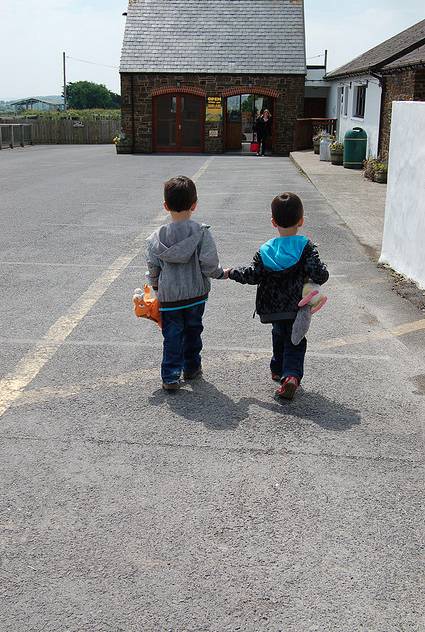 share
share
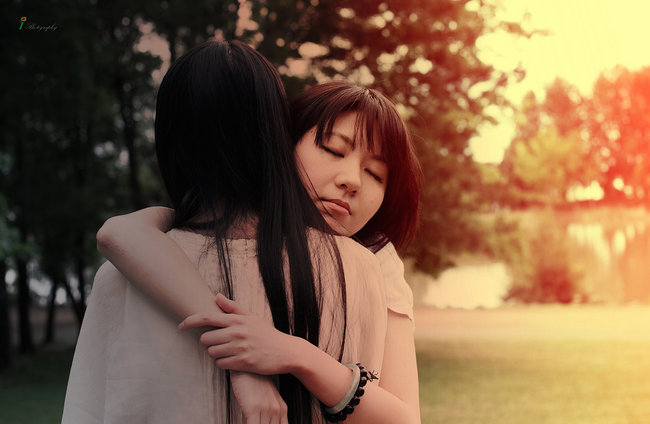 share
share
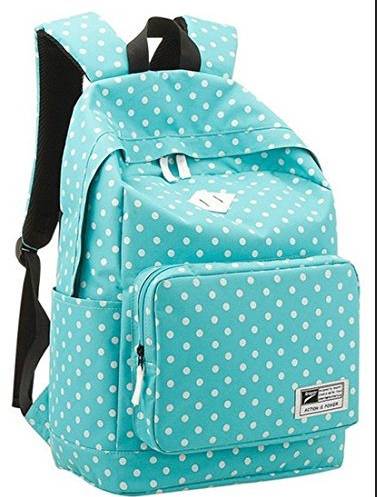 share
share
 share
share
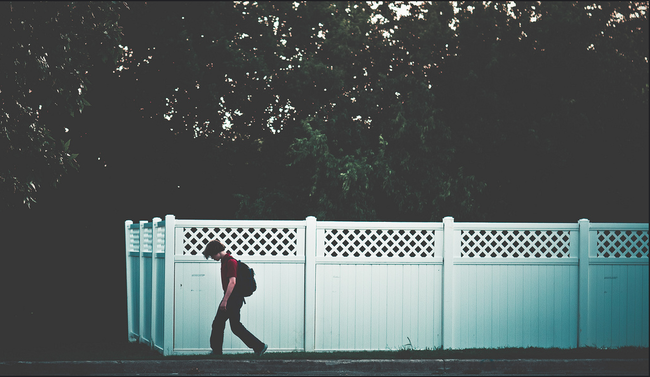 share
share
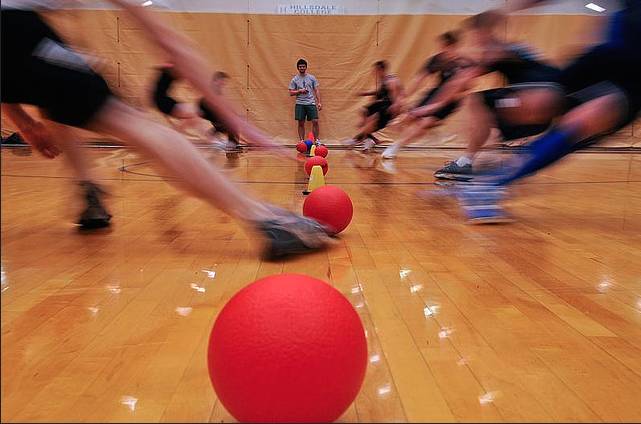 share
share
 share
share
 share
share
 share
share
 share
share
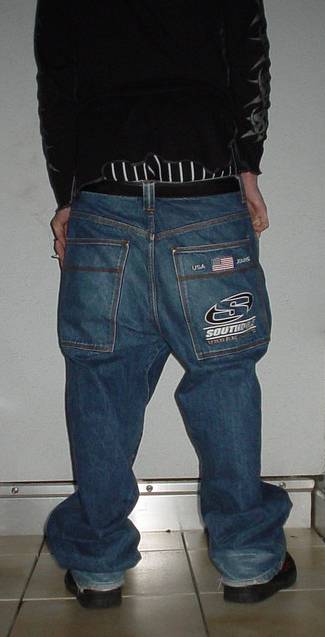 share
share
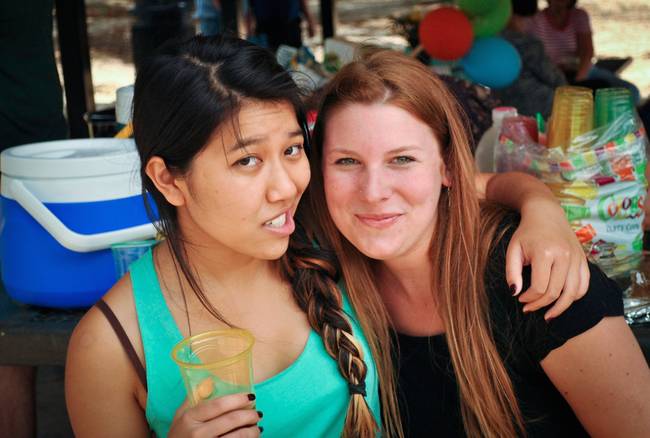 share
share
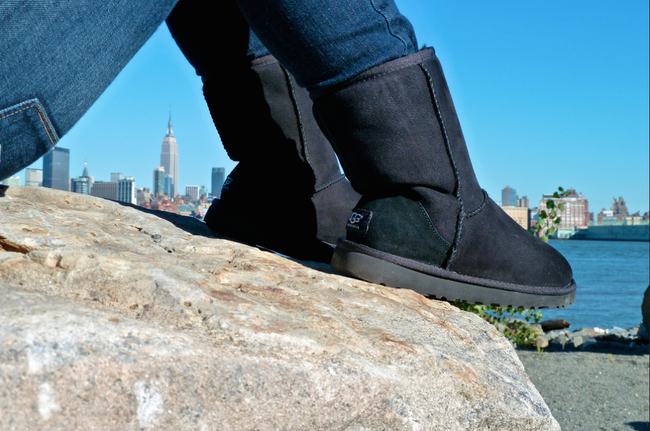 share
share
 share
share
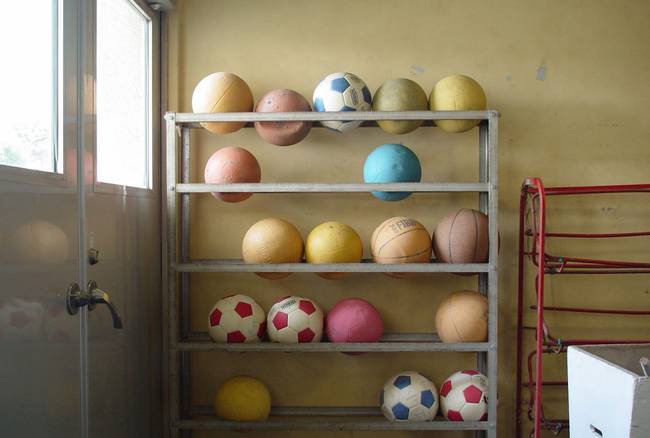 share
share
 share
share
 share
share



